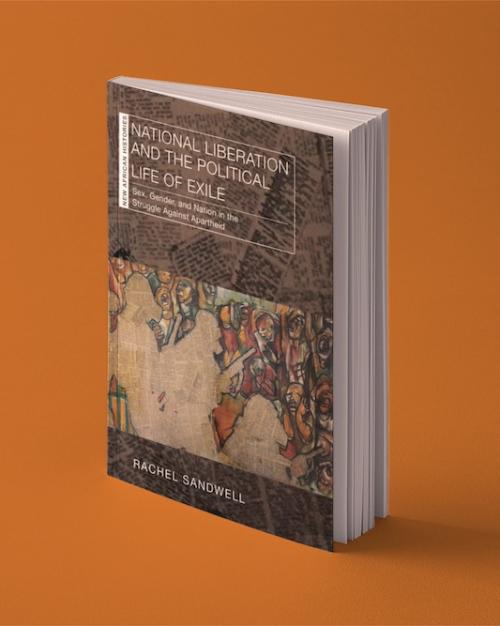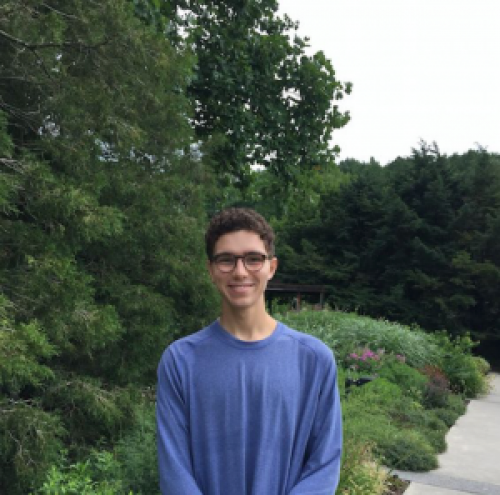For April, we focus on the theme of diversity. Ambassadors will share times at which they felt that diversity is important in Arts and Sciences, and what life at Cornell is like as a minority, whether that be in terms of race, sexual orientation, gender, disability, or perspective. This week, Sophomore Julian discusses how his academic and social experiences at Cornell have helped him process, validate, and examine his identity as an openly gay student.
By Julian Kroll '20, Government and Philosophy double major
Coming to Cornell’s College of Arts and Sciences as an openly gay student, I wasn’t sure what to expect about my academic and social experiences on campus. I wasn’t necessarily uncomfortable about being publicly gay; having outed myself to my neighborhood in Ohio when I was 15 years old, I was very familiar with the implications of publicly identifying as a member of the LGBTQ community. However, navigating the complex social and academic spaces of a University seemed a much more daunting task than doing so in the comfort of my hometown. While it has been uncomfortable at moments, I’ve found that the time I’ve spent at Cornell has helped me to process my experience as an LGBTQ person in new and exciting ways.
My studies actually made the process of adjusting to the social space of Cornell much easier for me. I’m currently double majoring in Government and Philosophy, and I often find the content of my courses to be incredibly relevant to my own life. Thanks to the freedom with which I am able to choose my classes, I often knowingly or unknowingly choose courses that help me think about the many dimensions of identity in new and exciting ways. For example, my second Freshman Writing Seminar, which focused on representations of marginalized groups in literature, was extremely impactful in this sense. After becoming intrigued by an essay on queer theory by Adrienne Rich, I asked my professor if she could recommend similar texts to me. She referred me to two collections of essays, one by Audre Lorde and one by Adrienne Rich. Especially in the midst of a hefty Cornell semester, it was valuable to read and discuss texts which not only validated my experience but also helped to examine it.
Socially, I found the college of Arts and Sciences in particular to be a really valuable space. While every college at Cornell is intellectually diverse, it’s my belief that the abstract nature of many Arts and Sciences courses attracts a certain type of thinker. Further, the highly collaborative nature of many Arts and Sciences courses creates opportunities to discuss course material and individual viewpoints with impressive groups of creative and driven people. While this interactive model of learning spans many subjects, I have a particular affinity for those which pertain to everyday existence within structures of power. Usually, during such discussions, the LGBTQ community and other marginalized peoples are mentioned fairly quickly. To discuss my experiences in a setting which is simultaneously academic, personal, and respectful has been incredibly valuable.
The experience of being queer anywhere is complicated. For better or worse, you will be perceived differently in different spaces. To manage that, it’s important to keep a fully stocked arsenal of ways to validate and examine your experience. Personally, I’ve found that my classes and my work do this job handily; the College of Arts and Sciences provides incredible academic and personal resources. However, even if you don’t have the chance to incorporate these resources into your daily life, the sheer size of Cornell ensures that there’ll never be a shortage of creative and open-minded people to connect with. While being out at Cornell may seem daunting at first, I found my adjustment to the Cornell Community to be very rewarding.




